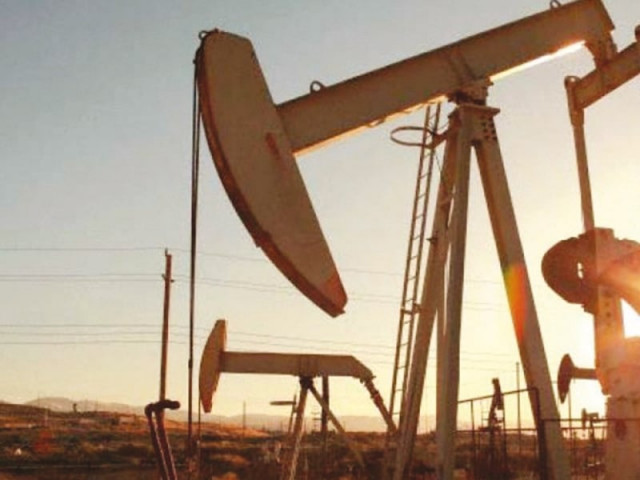Hands-off approach: Interference in affairs of oil and gas companies
Independence of state-owned units could lead to improvement in performance.

Since the current government took over about a year ago, civil bureaucracy has been more active in making money by taking control of oil and gas companies, adding to the miseries of the entire energy chain.
The best option experts suggest could be merger of two ministries – petroleum and water and power – for a better and sustainable solution to the energy shortages. The two ministries are the best example of jostling by the civil bureaucracy to take control of energy companies and thanks to the red tape that the country is experiencing its worst energy crisis.
In the case of electricity supply, hours-long outages, extending up to 15 hours in some areas, have crippled business and ordinary life and even Water and Power Minister Khawaja Asif looked helpless when he asked people to pray for reduction in load-shedding.
In the area of oil and gas production and supply, the petroleum ministry has brought under its influence almost all major companies either by hiring its favourite officials as acting heads or appointing chairman of the board of directors of their choice.
A close relative of Khawaja Asif is leading the National Electric Power Regulatory Authority (Nepra), so what would consumers expect when a relative is a minister and another is the regulator’s head.
Apart from taking control of state-owned organisations, the ministry officials are also allegedly involved in hefty spending on foreign trips. Two most favourite officials of Petroleum Minister Shahid Khaqan Abbasi are running the ministry, which has thrown millions of rupees on foreign trips without contributing anything to the country.
Arshad Mirza, Additional Secretary of the Ministry of Petroleum, went on 23 overseas trips in the last one year. Now, he has been given acting charge of the second largest oil and gas exploration company, Pakistan Petroleum Limited, ignoring all senior officials of the company.
Dr Umar Jehangir, a former assistant commissioner of Murree who was brought to the petroleum ministry after the new government took over, made 29 foreign trips. He was made deputy secretary for appointment on boards of directors of several oil and gas companies.
The sorry state of affairs does not end here as close friends of the finance minister have been brought on the boards of Oil and Gas Development Company and Pakistan State Oil.
These appointments on political considerations have put a question mark over the performance of the companies. This makes no difference between the PML-N and PPP administrations. Both have treated the companies in the same way, bringing no improvement in energy supplies, the shortage of which has weakened the country’s economy.
Some suggestions
Experts suggest that the boards of public sector oil and gas companies should be independent, which could come up with recommendations for increasing energy supplies.
They cite the example of the United States which has boosted its oil and gas production by deregulating the industry 30 years ago. In recent years, US companies have discovered huge shale gas reserves, increasing energy supplies as well as reducing gas prices for domestic consumers.
Pakistan could also go for privatising oil and gas companies in a bid to stave off political interference and make a marked improvement in performance.
In 2010, the Friends of Democratic Pakistan (FODP) also called for merging the ministries of water and power and petroleum and the associated regulators for resolving the energy crisis.
At that time, the government agreed to establish the Ministry of Energy by merging functions of the two ministries by January 2012 to ensure integrated policy development, planning and implementation. Separately, there will be a ministry to monitor the development of the water sector.
It also agreed to merge Nepra and Oil and Gas Regulatory Authority (Ogra) into a single, autonomous and effective energy regulator.
The time is ripe to merge the ministries and regulators and take measures to tackle the energy crisis and woo investors. The energy sector must also be deregulated in order to tap its true potential and make the country self-sufficient.
Otherwise, the next government will be repeating the same story and the people will continue to endure energy shortages.
Published in The Express Tribune, July 21st, 2014.
Like Business on Facebook, follow @TribuneBiz on Twitter to stay informed and join in the conversation.



















COMMENTS
Comments are moderated and generally will be posted if they are on-topic and not abusive.
For more information, please see our Comments FAQ